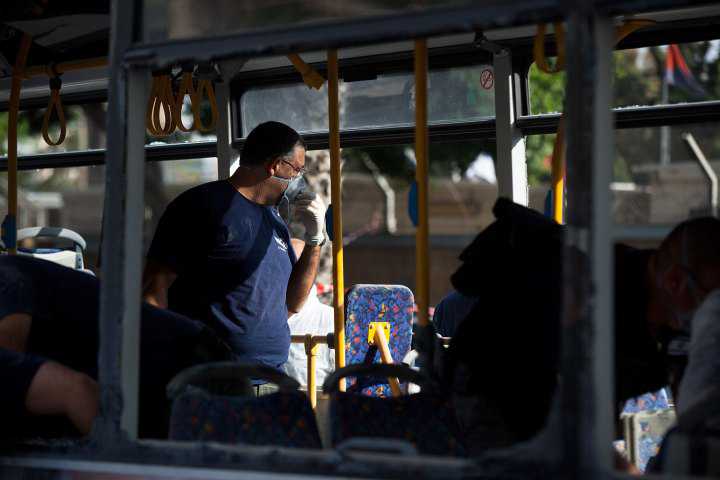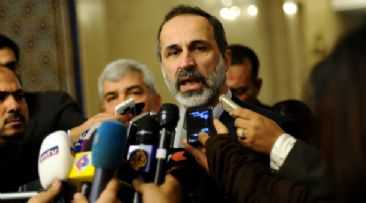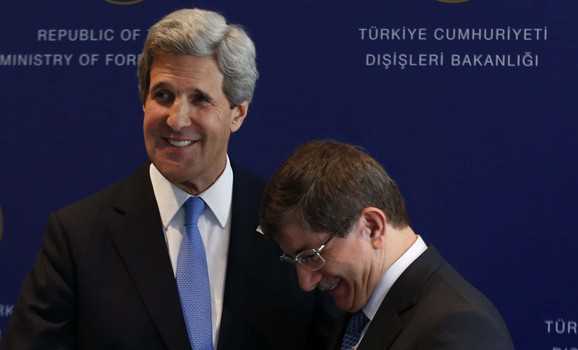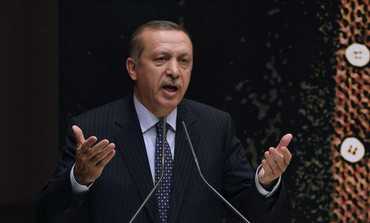It is unsettling the first time the doors of a shopping mall glide open to reveal a magnetometer, an x-ray machine, and a person wearing a holster. Less so the second time, and the point quickly arrives when it’s no more remarkable than finding a maze of chrome posts and retractable belts standing between an airport’s ticket counters and the boarding gates. Put your phone, keys and coins in the tray and get on with it.
I first acclimated to the diffuse background threat of urban bombing in the summer of 2002, when I moved to Istanbul, where small explosives had become the weapon of choice for assorted separatists and radicals in the 1990s. Turkey was a fine preparatory course for life in Israel, which on Tuesday celebrated 65 years of existence, not one passed in peace. Security is a way of life here — most famously at the airport, where the solemn questioning and extraordinary inspections are almost a feature of a tourist visit, one that visitors often relate afterward with the specificity of a lion sighting after a drive through a game park. But the preoccupation is scarcely less present in Israel’s cities, where a decade ago, storefronts would from time to time disintegrate in the same burst of ignition and billowing dust that rose over Boylston Street on Monday afternoon.
There are different ways to go afterward. The British “Keep Calm and Carry On,” as the sign says, the London subway bombings of July 2005 stiffening the upper lip that remained in place from the Blitz of World War II through the IRA attacks of a quarter century ago. London barely missed a beat. Jewish Israelis take some pride in cultivating the same attitude. During the Second Intifadeh, which at its height in March 2002 meant something exploding somewhere inside Israel almost every day, then-prime minister Ariel Sharon asked the social psychologist Reuven Gal to measure how the Israeli public was bearing up under the stress. Politicians love anecdotes, but Gal went about it methodically, gathering metrics via objective indicators, such as movie attendance. What he found was a striking resilience. After an attack, attendance dipped, but always came back.
Still, the memory of explosions changes things. A shadow appears, like a penumbra, around a café that someone mentions in passing was once hit by a suicide bomber; photos of the carnage are available online for those who did not see them at the time. City buses hove into view bearing a specific menace, the entirely reasonable apprehension that accumulates watching untold hours of news footage panning the blackened skeleton belonging to the Egged or Dan lines. A No. 142 bus went up in Tel Aviv, in November, the first in years. The bomb was small, had been left under a seat, and no one was killed. But shock waves really are invisible, and can carry far. On an intercity bus approaching the city the day of that attack, cell phones rang with the news, and a woman, not saying a word but only hearing, burst into tears. Glenn Beck was in Jerusalem a year earlier, doing his shtick as featured guest at a Knesset committee. Beck said the first time he came to Israel it was after a long talk with his wife about risk. The assumption, he said, was that he’d be “roasting my dinner over the flames of a burning bus.” Nobody laughed. I saw one tight smile.
The fact is it’s quite safe here, and feels so. Part of it is the visible precautions, the magnetometers at the malls (here too, of course), the doormen with side arms. At some point Jerusalem required restaurants to post a security guard at the front entrance; they’re still there, though at some of the glossier addresses they now wear short black skirts. It doesn’t matter terribly because of the other, larger part of security in Israel, the part that’s less visible and quite possibly not suitable for export.
That would be “internal security,” or “Shin Bet,” also known as “Shabak,” the Hebrew acronym for Israel Security Agency. The agency’s thousands of secret police keep watch on the Jewish State, monitoring suspicious behavior, monitoring cell phones and coercing Palestinians. The work carries moral risks mulled absorbingly in the documentary The Gatekeepers, made up entirely of interviews with men who used to run the organization; it was nominated for an Academy Award. But Shin Bet’s work is made infinitely easier by the fact that the agency is protecting something discreet. The Jewish State may have no shortage of enemies, but in a fight at bottom over land and ethnic identity, the process of screening who to watch for trouble starts with an almost binary equation: Us and Them. In a nation of immigrants, say, the United States, divisions will never be so clear, leaving aside the crucial question of civil liberties.
Which leaves what in Turkey at least we called “hard security.” Inside the mall, beyond the x-ray machine and the man in blue, was a food court, a huge one. But no rubbish bins. Men and women with carts circulated among the tables, busing trash and collecting trays. It may have been an employment scheme, but it also obviated the need for a place where a bomb could be deposited and walked away from without raising any suspicion.
Outside, when I finally did find a place to drop trash, it was a plastic bag hanging from an iron ring – clear, so you could see what was in there. Looking askance at a trash can turns out to be like flinching at the approach of a city bus: Odd, and not a little insidious. But here we all are.
Read more: http://world.time.com/2013/04/16/life-during-wartime/#ixzz2QgytR3Ap






